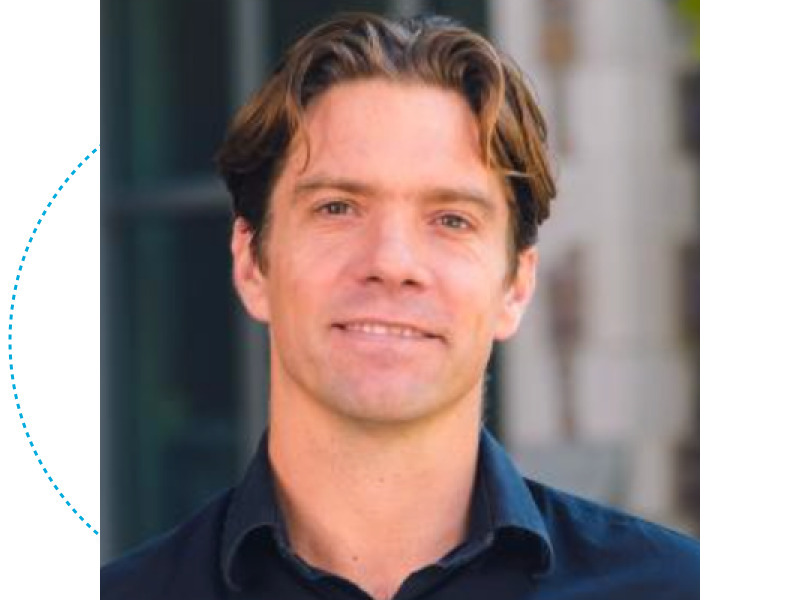On the interplay of energy, dynamics, memory, and thermodynamics – experiments on quantum measurement and dissipation at microwave frequencies
Abstract: Josephson junction based quantum circuits have enabled broad exploration into open quantum systems in the microwave frequency domain. The combination of coherent quantum bits, robust single qubit control, and quantum noise limited parametric amplifiers has yielded an unprecedented view into the physics of quantum measurement and quantum dissipation. My group’s research focuses on research topics that touch on fundamental questions including weak measurement and quantum trajectories, non-Markovian dynamics, effective non-Hermitian dynamics, quantum thermodynamics, and quantum sensing. In this talk, I will introduce the experimental architecture that forms the basis for this work, and then focus specifically on ongoing experiments where we study effective non-Hermitian dynamics in a dissipative qubit, and how this reveals fundamental aspects about the interplay between energy and dynamics in quantum systems.
About the speaker: Kater received his B.A. in physics from Reed College in 2002. After that, he spent a long year slacking off, working as a bee keeper, honing his guitar skills, and studying the cello before finally starting his Ph.D. work at UC Berkeley with Prof. Dan Stamper-Kurn. After some time studying Bose-Einstein condensation in multiply connected geometries, Kater focused his interests on general problems in quantum measurement, and performed some of the first studies of position measurement quantum backaction. After receiving his Ph.D. in 2008, Kater continued work in the Stamper-Kurn group studying a possible super-solid phase of matter which occurs in spinor-Bose-Einsten condensates, and constructing a state of the art BEC apparatus. After a short postdoc in the Stamper-Kurn Group, Kater joined Irfan Siddiqi’s group to study superconducting quantum circuits, where he continued to study basic questions in quantum measurement and quantum noise. In 2014 Kater joined the faculty at Washington University. In 2015 Kater received the Alfred P. Sloan Fellowship in Physics. Kater received the St. Louis Academy of Science Innovation Award in 2017. In 2018, Kater received the Cottrell Scholar Award and an NSF CAREER Award.
